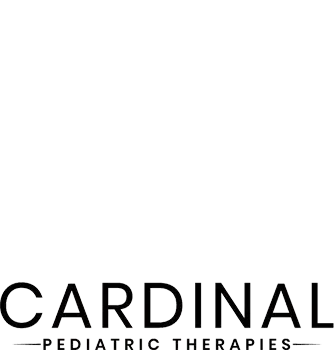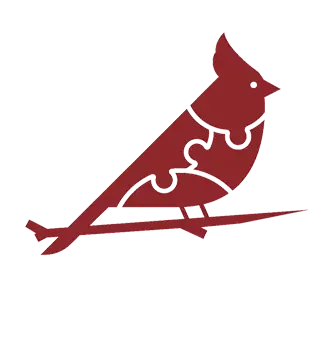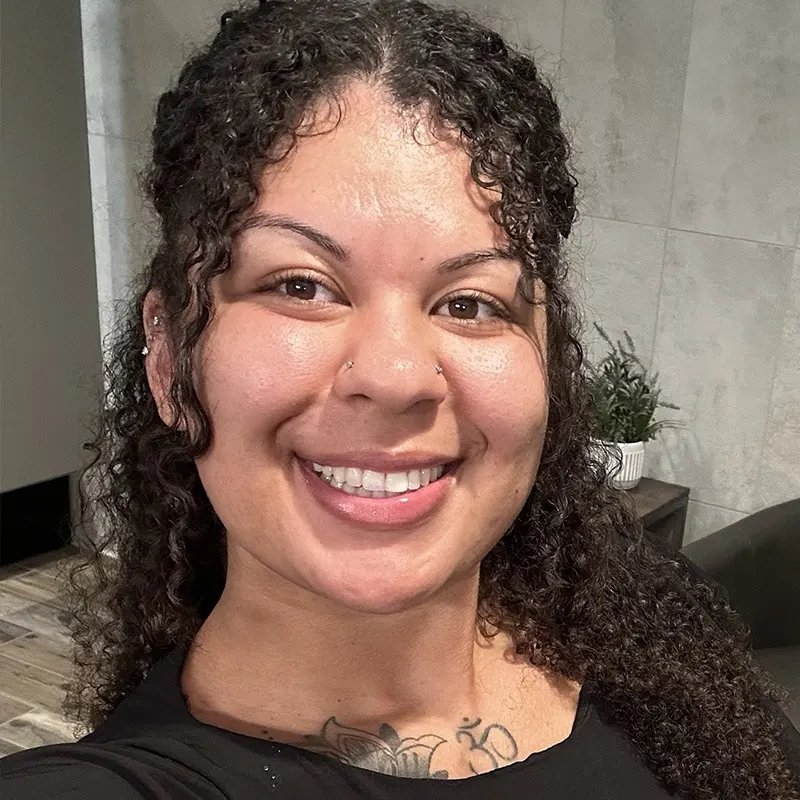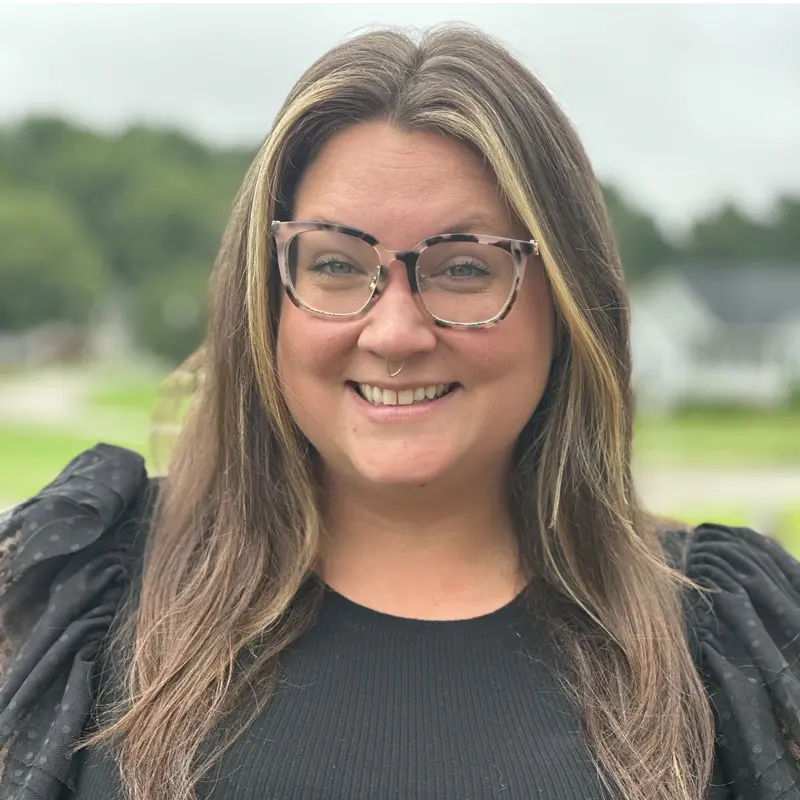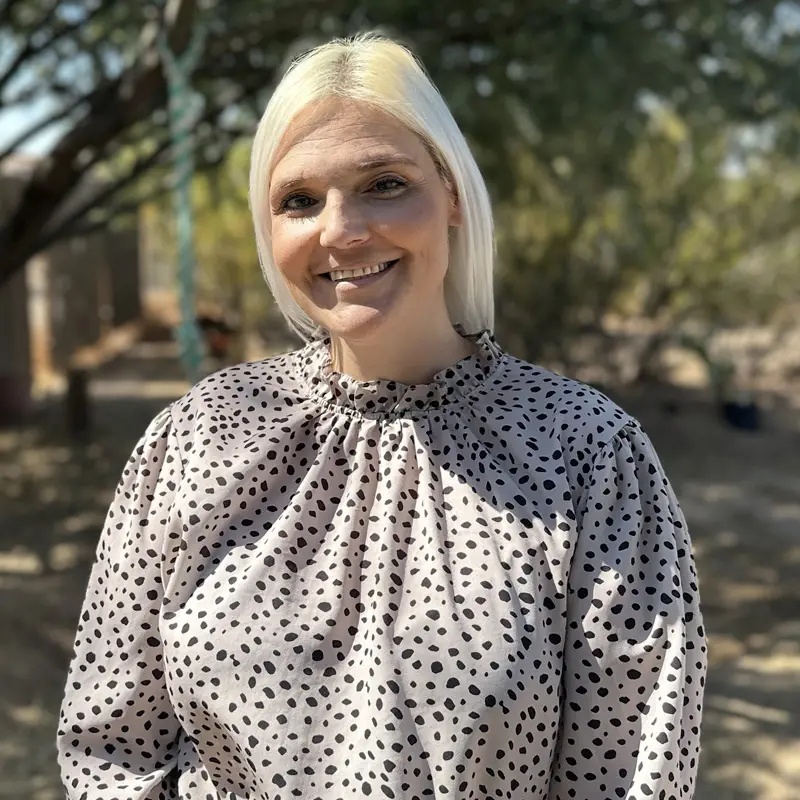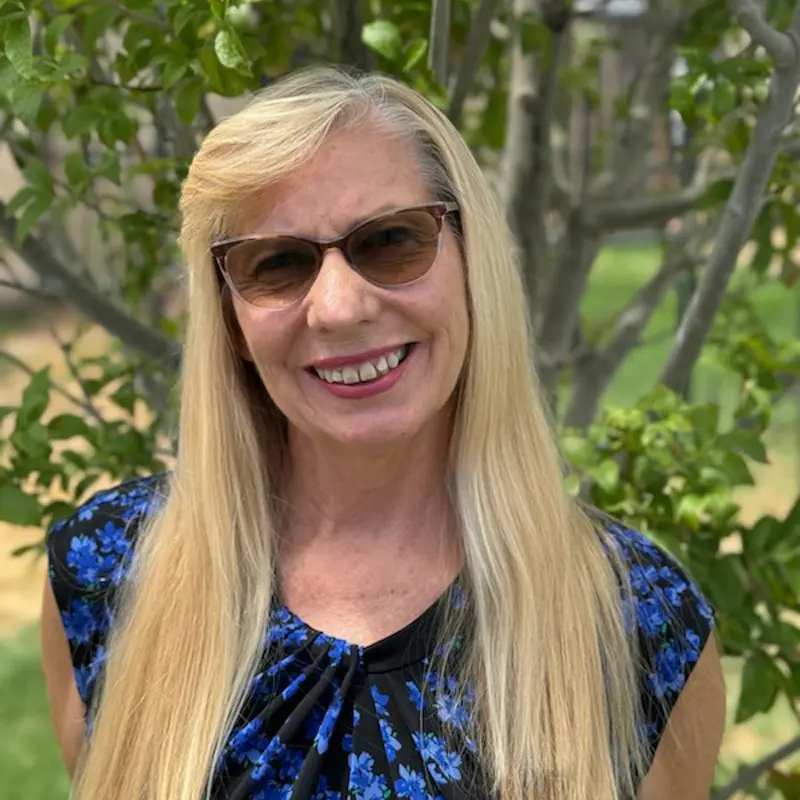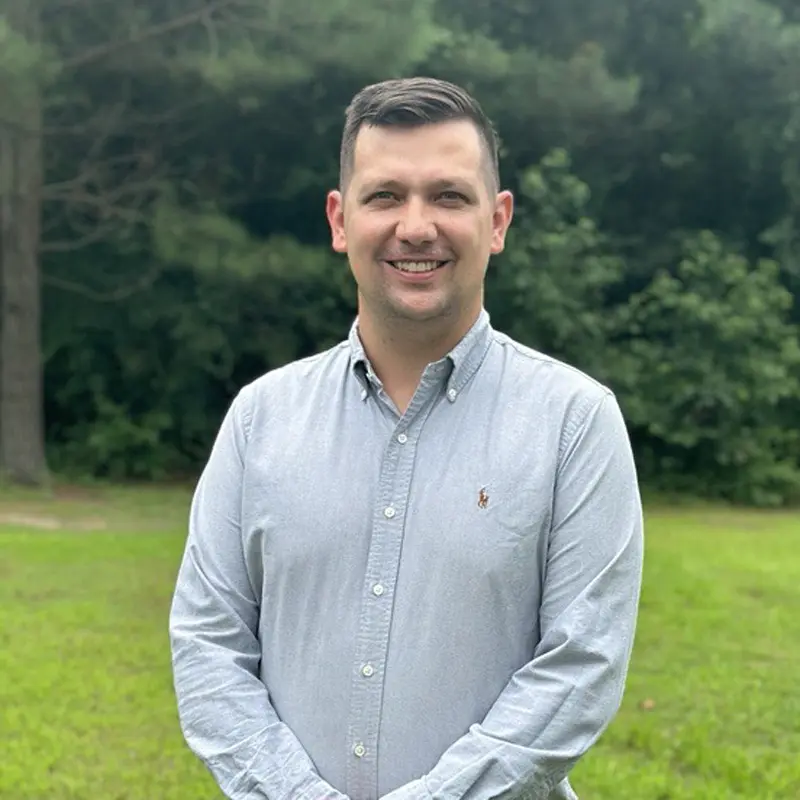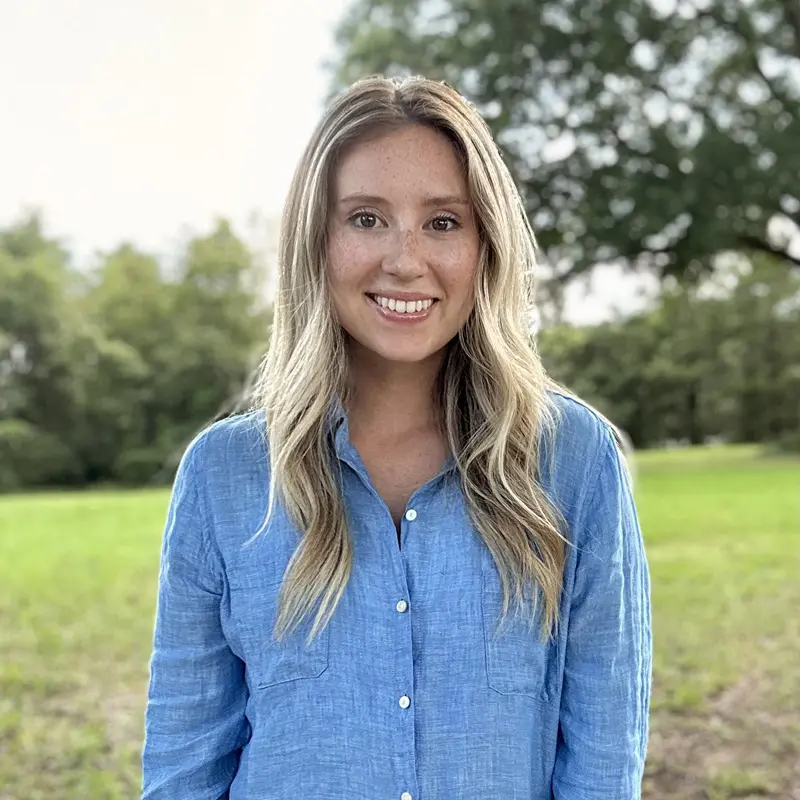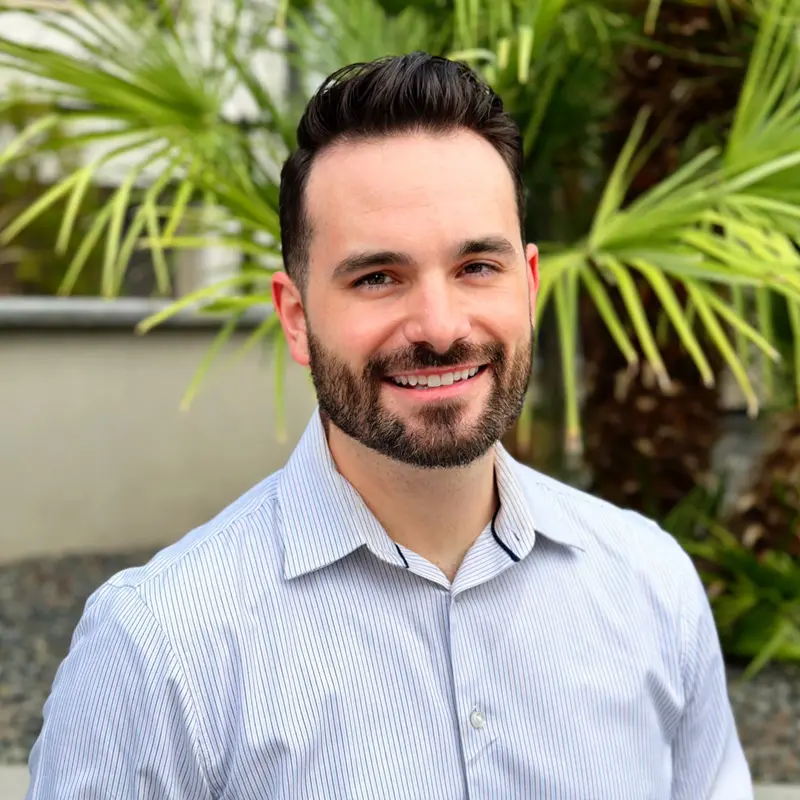Applied Behavior Analysis (ABA) therapy is one of the most effective, evidence-based approaches for helping children with Autism Spectrum Disorder (ASD) develop communication, social, and daily living skills. But as a parent, it’s natural to wonder: How can I tell if ABA therapy is really working for my child?
This parent guide to ABA therapy will help you understand how success is measured, what progress looks like, and how you can play an active role in supporting your child’s growth.
Set Clear, Individualized Goals
Every child’s ABA journey begins with a detailed assessment. At Cardinal Pediatric Therapies, Board Certified Behavior Analysts (BCBAs) work closely with families to create specific, measurable goals tailored to your child’s unique strengths and needs.
These might include:
- Improving expressive and receptive language
- Increasing attention and focus
- Reducing challenging behaviors
- Building independence in daily routines

Tracking progress toward these goals helps ensure your child’s therapy remains personalized and purposeful, not one-size-fits-all.
Track Behavior Changes Over Time
Behavior is at the heart of ABA therapy. Monitoring how your child’s behavior changes, both positive behaviors and those that are challenging, provides valuable insight into what’s working.
You can support this process by:
- Keeping a simple log of behaviors at home
- Noting triggers or patterns that lead to difficulties
- Sharing updates with your child’s therapy team
Consistent communication between families and therapists ensures data-driven decisions that keep therapy effective and focused.
Look for Generalization of Skills
Actual progress in ABA therapy goes beyond the clinic or home sessions. Generalization means your child can use learned skills in new settings, such as school, playgrounds, or community outings.
For example, if your child learns to request help during a therapy session and begins doing the same at school or with siblings, that’s a key marker of lasting success.
At Cardinal Pediatric Therapies, therapists work to build real-world readiness, ensuring children can confidently apply what they learn in multiple environments.
Measure Social and Academic Growth
ABA therapy often helps children improve social and academic functioning. These gains may show up as:
- Better participation in group activities
- Improved turn-taking and sharing
- Stronger classroom focus or task completion
- More confidence in social settings
Parents can collaborate with teachers or caregivers to track these changes and align therapy strategies with educational goals. This team-based approach promotes consistency across all areas of your child’s life.

Celebrate Every Milestone
ABA therapy is a journey that requires time, consistency, and collaboration. While progress may happen gradually, each small success, whether it’s a new word, a calm transition, or a shared smile, deserves to be celebrated.
Recognizing these wins helps keep your child motivated and confident, while also reinforcing the positive habits you want to see more of.
Supporting Your Child with Cardinal Pediatric Therapies
At Cardinal Pediatric Therapies, success in ABA therapy is built through teamwork between our compassionate clinicians and the families we serve. Our programs are designed to empower parents with tools, knowledge, and consistent communication to ensure your child continues to thrive both in therapy and at home.
Whether your family participates in in-clinic ABA therapy, in-home sessions, or parent coaching, our dedicated team provides the structure, empathy, and evidence-based care that every child deserves.
Key Takeaways for Parents
- Collaborate closely with your child’s BCBA and therapy team
- Track measurable goals and review data regularly
- Look for progress across home, school, and community settings
- Celebrate growth, both big and small
By following this parent guide to ABA therapy, you’ll gain a clearer understanding of how to measure success and support your child’s long-term development with confidence.
Cardinal Pediatric Therapies proudly provides ABA therapy services across Arizona and North Carolina, including Phoenix, Cary, Wilmington, Clayton, and surrounding communities.
